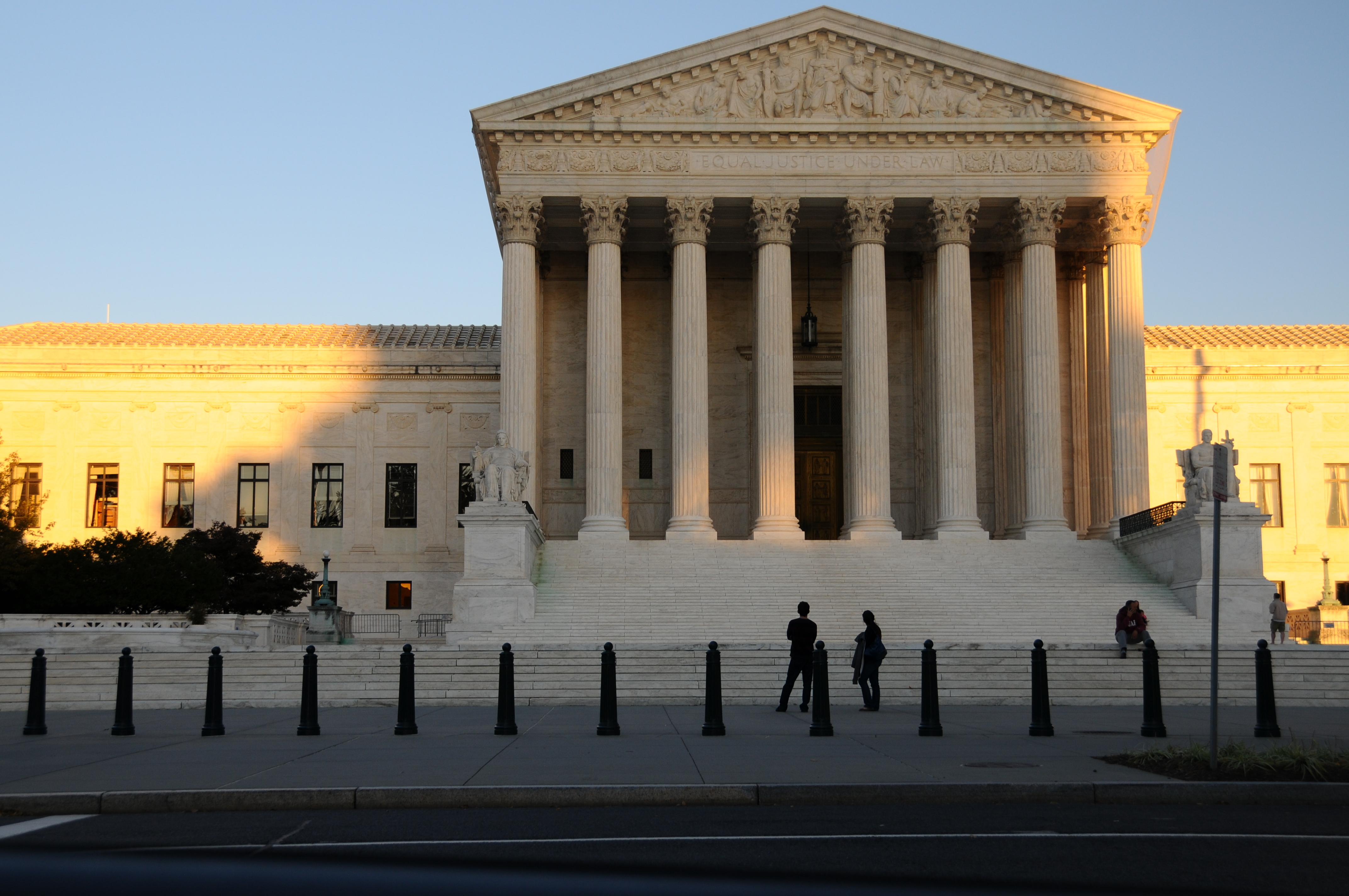 Maine’s Top Court Defers to U.S. Supreme Court in Trump Ballot Eligibility Case
Maine’s Top Court Defers to U.S. Supreme Court in Trump Ballot Eligibility Case
In a significant development in the Trump ballot eligibility challenge, Maine’s top court has decided not to intervene and has deferred the decision to the U.S. Supreme Court. This decision upholds a previous ruling by a judge, who stated that the Supreme Court must first rule on a similar case in Colorado. The case revolves around whether former President Donald Trump should be allowed to stay on the state’s ballot.
Maine Secretary of State Shenna Bellows, a Democrat, had initially concluded that Trump did not meet the ballot qualifications under the insurrection clause in the U.S. Constitution. However, the judge put this decision on hold until the Supreme Court reaches a decision on the Colorado case. The Maine Supreme Judicial Court, in a unanimous decision, dismissed Bellows’ appeal and stated that they would not undertake immediate appellate review in this particular case due to the uncertainty surrounding it.
Bellows’ decision in December to declare Trump ineligible made her the first election official to ban the Republican front-runner from a primary ballot using the 14th Amendment. The Colorado Supreme Court also reached the same conclusion. The 14th Amendment’s Section 3 prohibits individuals who have “engaged in insurrection” from holding office.
With Maine’s primary approaching on March 5, time is of the essence. The U.S. Supreme Court is set to hear arguments on the Colorado case on February 8, and Maine has already begun mailing overseas ballots. It is worth noting that the nation’s highest court has never ruled on Section 3 of the 14th Amendment before, making this case particularly significant.
Legal scholars argue that the post-Civil War clause could apply to Trump for his role in attempting to overturn the 2020 presidential election and inciting his supporters to storm the U.S. Capitol after his loss to Democrat Joe Biden. Trump, on the other hand, contends that Bellows should have recused herself, accusing her of bias against him. He alleges that her actions have disenfranchised voters in Maine and are part of a broader effort to keep him off the ballot.
Bellows, who was elected by the Democratic-controlled Legislature, maintains that she was bound by state law to make a determination after several residents challenged Trump’s right to be on the primary ballot. While she has put her decision on hold pending judicial proceedings, she has vowed to abide by the court’s ultimate ruling.
As the Trump ballot eligibility case continues to unfold, all eyes are now on the U.S. Supreme Court. This decision will not only impact the former president’s eligibility in Maine but could also set a precedent regarding the interpretation of the 14th Amendment. With the primary fast approaching, voters and legal experts alike eagerly await the final ruling from the highest court in the land.


